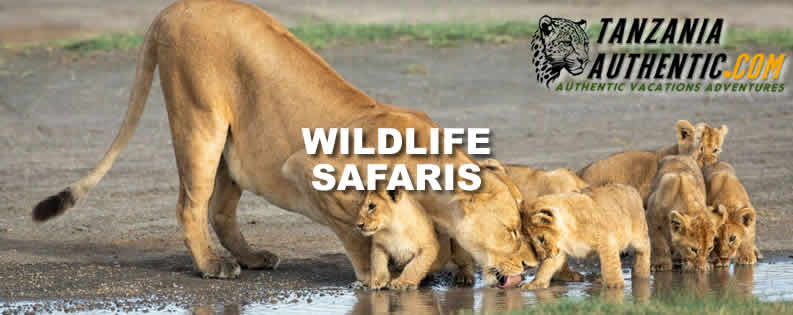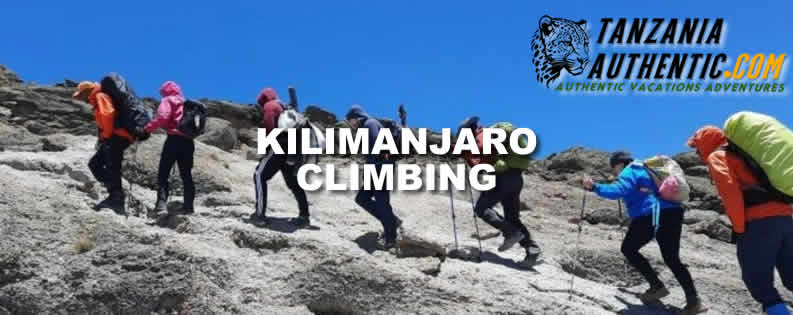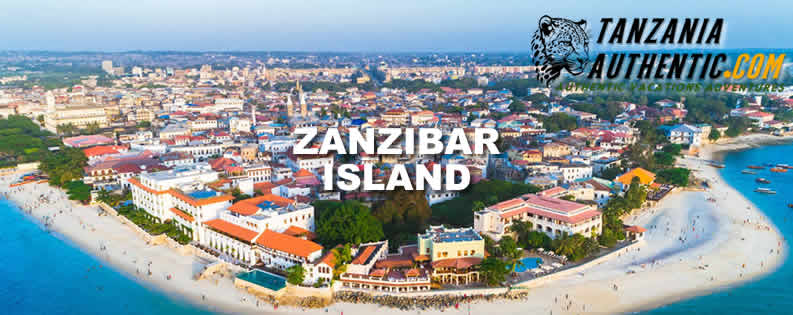Conservation Efforts in Ngorongoro Conservation Area: Protecting a World Heritage Jewel
The Ngorongoro Conservation Area (NCA) in Tanzania is a true gem of the natural world, captivating visitors with its breathtaking landscapes and rich biodiversity. As a UNESCO World Heritage Site, its significance extends beyond its stunning beauty; it plays a crucial role in the conservation of wildlife and culture. But with increasing human activity and climate change, conservation efforts in the NCA are more important than ever. Join us as we explore these inspiring initiatives that aim to protect this remarkable ecosystem and the communities living within it.
Understanding the Ngorongoro Conservation Area
Nestled between the Serengeti and Lake Manyara, the Ngorongoro Conservation Area is home to one of the most unique ecosystems on the planet. Famous for the Ngorongoro Crater, a massive volcanic caldera teeming with wildlife, the NCA is a haven for species such as lions, elephants, and the endangered black rhino. But it’s not just the wildlife that makes this area special; the Maasai people have coexisted with the land and its creatures for centuries, blending their traditions with the natural rhythms of the environment.
The Importance of Conservation
Why is conservation in the Ngorongoro Conservation Area so vital? The answer lies in the delicate balance between preserving the natural habitat and supporting the livelihoods of the local Maasai communities. As visitors flock to this iconic destination, it becomes imperative to ensure that tourism benefits both the environment and the people who call this incredible place home.
Key Conservation Initiatives in the Ngorongoro Conservation Area
1. Community-Based Conservation
One of the most effective approaches to conservation in the NCA is community-based initiatives. Local Maasai communities are actively engaged in protecting their heritage and the wildlife around them. By participating in conservation efforts, they gain a sense of ownership and pride in preserving their land. Programs that promote sustainable livestock management and ecotourism not only enhance wildlife protection but also provide economic opportunities for these communities.
2. Anti-Poaching Efforts
Poaching remains a significant threat to wildlife in the Ngorongoro Conservation Area. Dedicated anti-poaching units work tirelessly to combat this issue, using advanced technology and training to monitor and protect endangered species. Collaborative efforts with government and non-governmental organizations have helped reduce poaching incidents, ensuring a safer environment for the diverse fauna that thrives in the NCA.
3. Habitat Restoration Projects
In addition to protecting existing wildlife populations, habitat restoration is a crucial aspect of conservation in the Ngorongoro Conservation Area. Efforts to restore degraded lands and revitalize ecosystems help to sustain the balance of nature. Reforestation initiatives and the removal of invasive species are critical in ensuring that the natural habitats remain viable for generations to come.
4. Sustainable Tourism Practices
Tourism is a double-edged sword; it can bring much-needed revenue but can also threaten the delicate ecosystems if not managed properly. Sustainable tourism practices in the Ngorongoro Conservation Area focus on minimizing the ecological footprint of visitors. This includes implementing strict guidelines for tour operators, promoting eco-friendly accommodation, and encouraging visitors to respect wildlife and their habitats. By choosing responsible tourism, travelers contribute directly to conservation efforts.
The Role of Tour Operators in Conservation
Tour operators play a pivotal role in promoting conservation awareness among travelers. Companies like Authentic Vacations Adventures provide unparalleled safari experiences, offering not only breathtaking views and encounters with wildlife but also education on the importance of conservation efforts in the Ngorongoro Conservation Area. By booking tours with such operators, you support sustainable practices and contribute to the preservation of this magnificent ecosystem.
Conclusion: A Call to Action
The Ngorongoro Conservation Area is a testament to the harmonious coexistence of nature and culture. While significant strides have been made in conservation efforts, the journey is far from over. Each visitor has the power to make a difference; by choosing responsible tourism and supporting local communities, we can all contribute to the preservation of this natural wonder.
Ready to embark on your adventure in the Ngorongoro Conservation Area? Book your unforgettable safari with Authentic Vacations Adventures, where your journey not only fulfills your travel dreams but also champions conservation efforts. Explore the beauty of Tanzania while playing a role in protecting its unique heritage for future generations. Together, let’s preserve this world heritage jewel!









